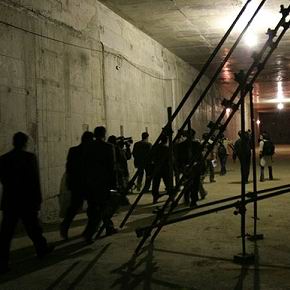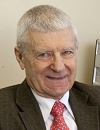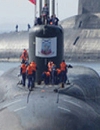 |
||
|
Lavrov: No Signs of Instability in N. Korea RIA Novosti, PUBLISHED January 29, 2012 Moscow does not see any signs of instability in North Korea a month after the death of North Korean leader Kim Jong Il, Russian Foreign Minister Sergei Lavrov said on Thursday. Other news: Russia, U.S. ink uranium enrichment pact for 2013-2022 Sergey Kiriyenko and Daniel Poneman signed the agreement. Rosatom Managers Sacked, Fined over Corporate Party According to the Dozhd TV channel, the corporation paid 12.5 million rubles (about $400,000) for the New Year’s bash. Iran Busher to enter full operation in March 2012 – agency In September, Iran officially opened Bushehr which was completed with Russia's assistance after a long delay. |
Hero of the day 
Iran views of its nuclear issue It is difficult to say what will happen next, especially since the international community is split into two opposing camps on this issue. This article will analyze both of them, also taking into account the situation in Tehran. INTERVIEW
Georgy Toshinsky OPINION
Konstantin Bogdanov |

